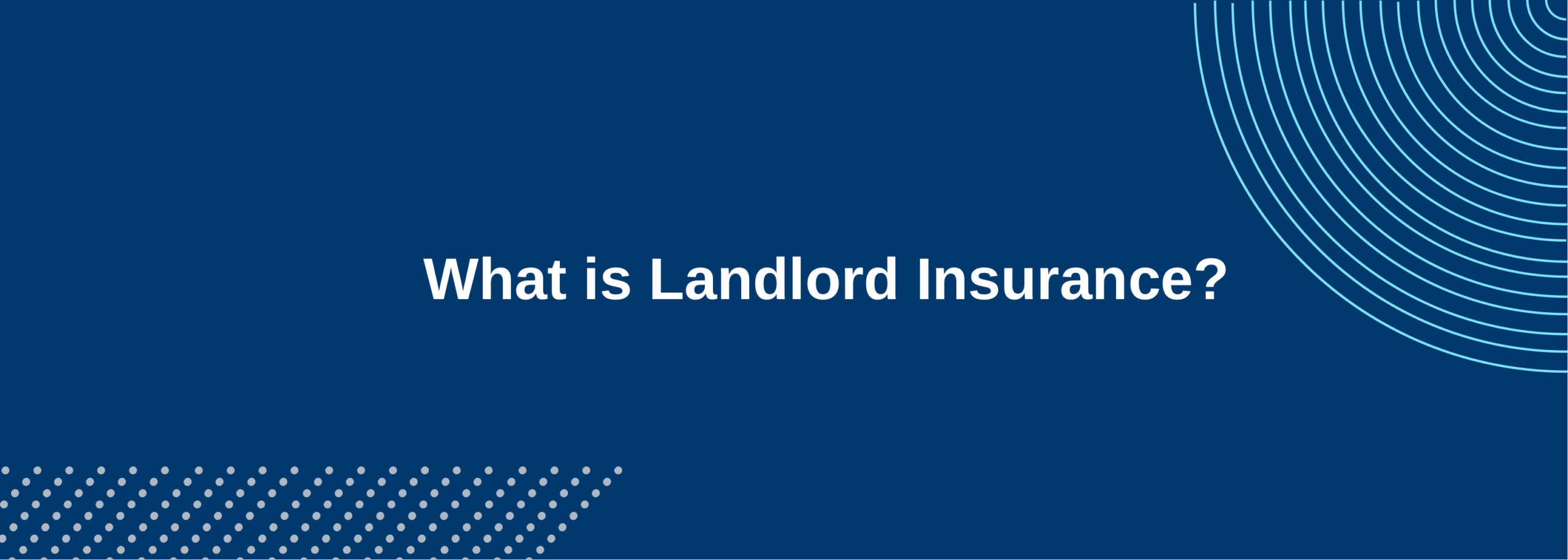Landlord insurance is a type of insurance policy that protects property owners who rent out their property. It’s also referred to as rental property insurance. While landlord insurance is often confused with homeowner insurance due to the similarities in their general coverage, it’s vital to note that only landlord insurance can be used to protect rental property.
According to Steadily, comprehensive rental property insurance policy will cover:
- Property damage – any damage to the property caused by a natural disaster, vandalism, theft, irresponsible tenants, or other things that could damage the physical structure of the property. (Note: some basic policies only cover perils that are specifically named, such as fire, lightning, smoke, and hail. Other policies are broader and cover everything unless it is specifically listed as an exclusion on the policy.
- Loss of rental income/rental income protection – Should something occur that causes your property to be uninhabitable, such as a natural disaster or severe mold, this coverage provides temporary rental income reimbursement that acts as a replacement for the rent a landlord would be receiving as usual if a tenant was occupying their property.
- Liability – Covers any medical or legal fees, such as lawsuits, bodily injury claims, and settlement costs, that could ensue if a tenant or a visitor were to get injured on the premises.
Additional coverage you may want to pursue to protect your investment further:
- Flood insurance covers flood damage which almost every policy excludes. This is often a separate policy, but can usually be purchased through your same agent.
- Guaranteed income insurance (aka Rent Guarantee) covers partial or complete rent payments if the tenant is unable to pay for one month – something many landlords experienced during the height of the pandemic. This one is always a separate policy.
- Personal property coverage covers your furnishings if you are renting out a furnished unit. This is usually available in every landlord policy, so you just need to increase the limit so it’s high enough to cover your furniture. If you don’t have a furnished rental, you can still carry a small amount of personal property for appliances and other things you might be keeping in the property.
- Umbrella coverage is anything in addition to your policy, like extra liability coverage. If a standard policy has $1M liability policy, you could elect to add umbrella coverage and increase that liability.
Keep in mind that the amount and type of additional coverage vary from insurance provider to insurance provider.
How Much Does Landlord Insurance Cost?
Typically, landlord insurance costs about 25% more than a typical homeowner insurance policy. If the average premium for home insurance is around $1,200, a landlord insurance policy premium could cost you roughly $1,500. Once again, this cost depends on the type of coverage and the insurance company you choose.
To be clear, additional factors, such as the home’s location and condition, impact the cost. For example, a house in California will probably cost more than the average because it’s worth twice as much in conjunction with the increased risk of wildfires.
Of course, the more comprehensive your coverage, the more expensive the policy will be.
